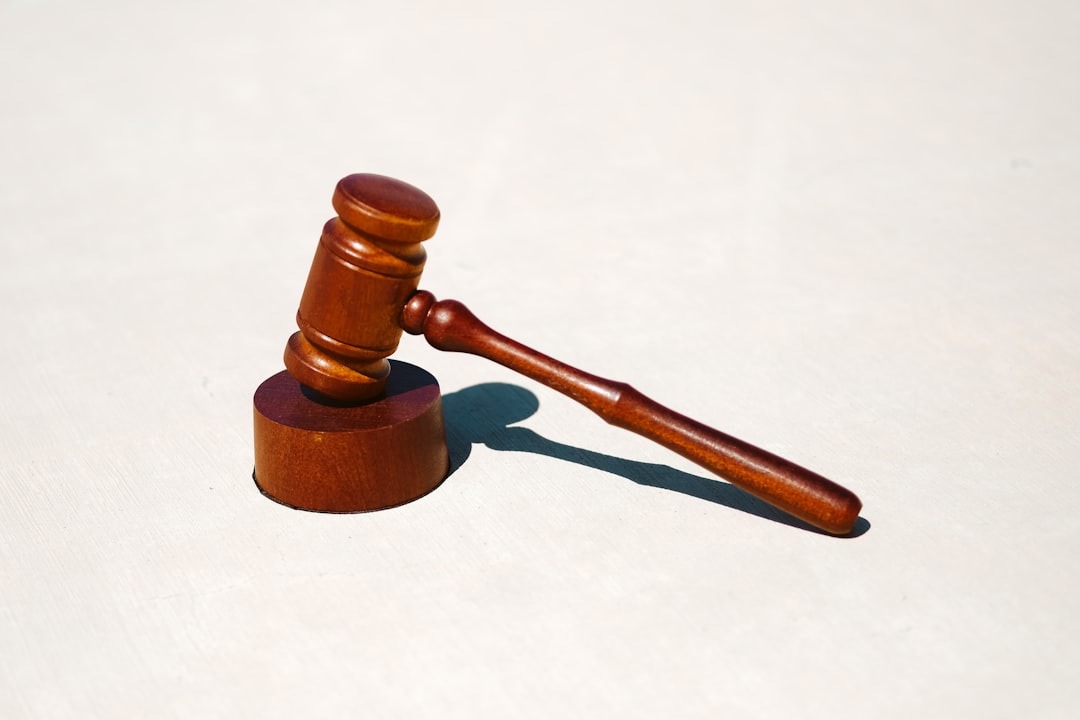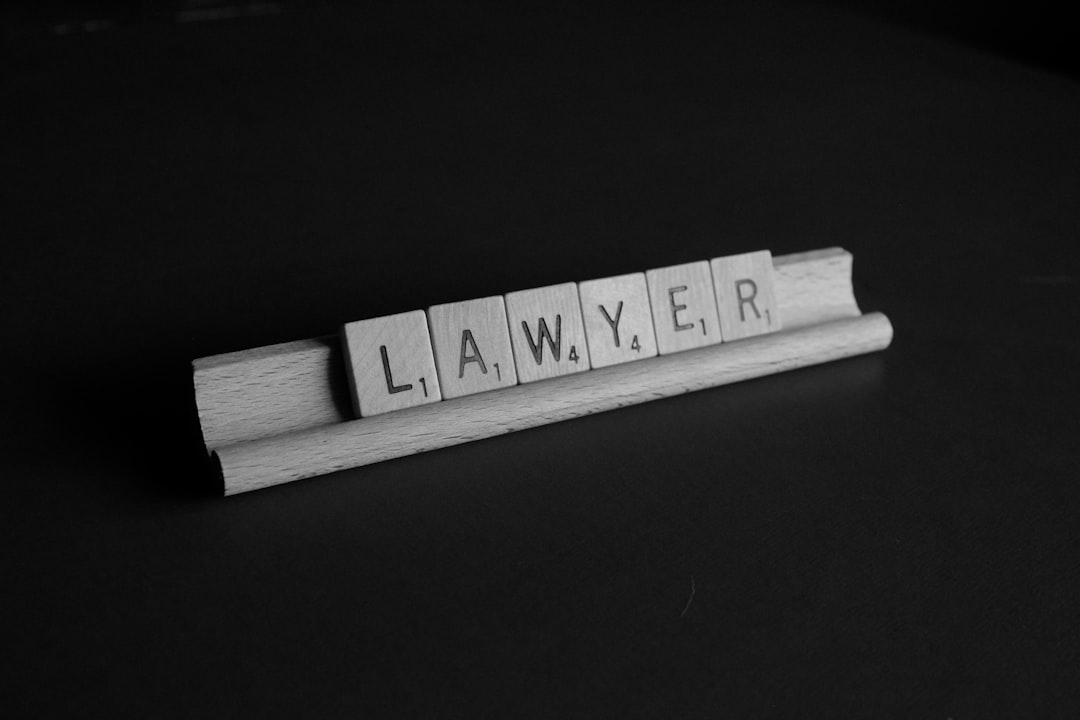Kansas addresses its school safety crisis through a collaborative initiative involving educators, administrators, law enforcement, and school abuse attorneys. This strategy focuses on identifying vulnerabilities and preventing threats like bullying, cyberbullying, and weapons. By enhancing security protocols, improving staff training, promoting mental health awareness, and establishing communication networks, Kansas aims to create a safe environment for students both currently and in the future. School abuse attorneys in Kansas play a vital role by offering legal expertise, guiding reporting processes, and implementing best practices to protect students and hold accountable those responsible for abuse within educational institutions. The success of these collaborative efforts is measured through comprehensive data analysis and continuous program improvements, ensuring robust safety protocols for the school community.
“In Kansas, the school safety crisis has prompted a reevaluation of existing protocols. This case study explores collaborative approaches that have emerged as powerful solutions. We delve into the efforts of various stakeholders, including a school abuse attorney in Kansas, to enhance security measures.
From legislative action to community engagement, this comprehensive analysis covers ‘collaborative efforts,’ legal frameworks, and practical strategies. Discover how these initiatives drive measurable improvements, ensuring safer learning environments for all students.”
The School Safety Crisis in Kansas: A Background

In recent years, Kansas has faced a pressing need to address the school safety crisis, brought into sharp focus by incidents of school abuse and violence. The state has witnessed a growing recognition that ensuring a secure learning environment requires a collaborative approach involving educators, administrators, law enforcement, and advocates, including experienced school abuse attorneys in Kansas. This collective effort is crucial in identifying vulnerabilities, implementing preventive measures, and responding effectively to potential threats, fostering a culture of safety and well-being among students.
The urgency stems from various concerns, including rising reports of bullying, cyberbullying, weapons on campus, and physical assaults, which pose significant risks to student safety. Kansas’s response has been multifaceted, with initiatives focusing on enhancing security protocols, improving staff training, promoting mental health awareness, and establishing robust communication networks. By bringing together diverse stakeholders, the state aims to create a holistic strategy that not only addresses immediate safety issues but also equips schools and communities with long-term solutions, ultimately safeguarding Kansas’s young learners.
Collaborative Efforts: Bringing Together Stakeholders

In addressing school safety, collaborative efforts are paramount. Bringing together various stakeholders — including administrators, teachers, parents, law enforcement, mental health professionals, and even school abuse attorneys in Kansas — fosters a holistic approach to identifying and mitigating risks. By sharing knowledge, resources, and perspectives, these partnerships enable the development of comprehensive strategies tailored to each school’s unique needs.
Such collaboration ensures that no single aspect of school safety is overlooked. For instance, a school abuse attorney in Kansas can provide insights into legal protections and reporting mechanisms, while mental health professionals offer programs to promote student well-being and resilience. This integrated approach not only enhances physical security but also cultivates a culture of care and support within the school community.
Legal Framework: The Role of a School Abuse Attorney in Kansas

In Kansas, the legal framework for addressing school safety, particularly in cases of abuse, is robust and multifaceted. A crucial player in this ecosystem is the school abuse attorney. These legal professionals specialize in navigating complex laws and regulations to ensure the protection of students and hold accountable those responsible for any form of abuse within educational institutions. By understanding the nuances of Kansas’s legal code, they guide schools, parents, and victims through critical processes such as reporting, investigation, and adjudication.
The role of a school abuse attorney in Kansas goes beyond legal representation. They also educate stakeholders on their rights and responsibilities, foster proactive measures to prevent abuse, and provide support during emotional and challenging times. Their expertise enables schools to create safer environments by implementing best practices and policies that align with the state’s laws, ultimately contributing to a more secure learning experience for all students.
Implementing Effective Strategies for School Safety

Implementing effective strategies for school safety involves a multifaceted approach that goes beyond basic security measures. In Kansas, where cases of school abuse have prompted concerned parents and advocates to seek legal counsel from experienced school abuse attorneys, collaborative efforts between school administrators, law enforcement, mental health professionals, and community members are proving crucial.
These strategies encompass improved communication protocols, staff training in crisis intervention and prevention, enhanced surveillance systems, and the integration of mental health services within schools. By fostering an environment that prioritizes safety and well-being, Kansas schools are not only responding to past incidents but also proactively mitigating potential risks, ensuring a more secure learning environment for all students.
Measuring Success and Continuous Improvement

Measuring success in collaborative school safety initiatives is a multifaceted process that goes beyond simple incident reduction. It involves qualitative and quantitative data analysis, with an emphasis on understanding the impact on student well-being and staff morale. This includes tracking changes in reporting rates of school abuse and harassment, as well as surveys that gauge perceived safety and comfort levels among students and teachers.
Continuous improvement is a cornerstone of these approaches, driven by regular reviews of program effectiveness. By analyzing trends and identifying areas for enhancement, schools can adapt their strategies to address emerging challenges. Collaboration between administrators, educators, parents, and even local school abuse attorneys in Kansas fosters a culture of transparency and shared responsibility, ensuring that safety protocols remain robust and responsive to the evolving needs of the school community.






